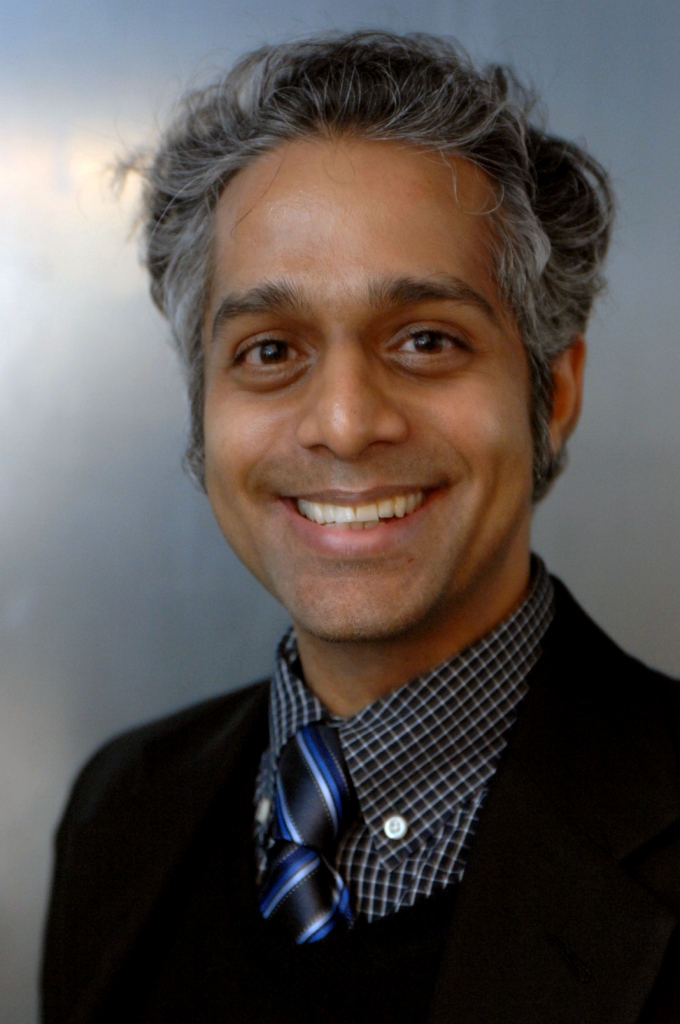
The Ralph E. Martin Department of Chemical Engineering Distinguished Lecture Series will host Rahul Sarpeshkar of Massachusetts Institute of Technology who will present “Bio-electronics” on Thursday, April 19, at 9:30 a.m. in BELL 2268.
Nature is a great analog and digital circuit designer, with innovated circuits in the biochemical, biomechanical, and bio-electronic domains that operate very robustly with highly imprecise parts and with incredibly low levels of power. Sarpeshkar’s lecture will discuss how analog, radio frequency (RF), and bio-inspired circuits and architectures continue to drive the development of novel systems for biomedical, ultra-low-power, and bio-molecular applications. Examples from bionic ear processors for the deaf, brain–machine interfaces for the blind and paralyzed, and bacterial circuits for systems biology and synthetic biology will be presented.
Sarpeshkar received his doctorate in computation and neural systems at California Institute of Technology and is currently an associate professor in the department of electrical engineering and computer science at MIT, where he heads a research group on analog circuits and biological systems (http://www.rle.mit.edu/acbs/). His work on the RF Cochlea, a rapid radio-frequency spectrum analyzer inspired by the human ear, established an important bridge between radio-frequency circuit design and hearing. His recent book, Ultra Low Power Bioelectronics: Fundamentals, Biomedical Applications, and Bio-inspired Systems, pioneered a unique cytomorphic electronic approach for advancing systems biology and synthetic biology through the universal language of analog circuits. It contains an exhaustive treatment of ultra-energy efficient systems in biology, engineering and medicine with applications to implantable medical devices for the deaf, blind and paralyzed.
Sarpeshkar has received a National Science Foundation Career Award, an ONR Young Investigator Award, a Packard Fellows Award and the Indus Technovator Award for his interdisciplinary bioengineering research. He was a recent speaker at the 2011 Frontiers of Engineering Conference, hosted by the National Academy of Engineering. Sarpeshkar holds over 25 patents and has authored more than 100 publications, including one that was featured on the cover of Nature.
For more information, see the Distinguished Lecture Series, or contact seminar chair Jamie Hestekin, jhesteki@uark.edu.
This event is free and open to the public.
Contacts
Amber Hutchinson, Administrative Support Supervisor
Ralph E. Martin Department of Chemical Engineering
479-575-5608,